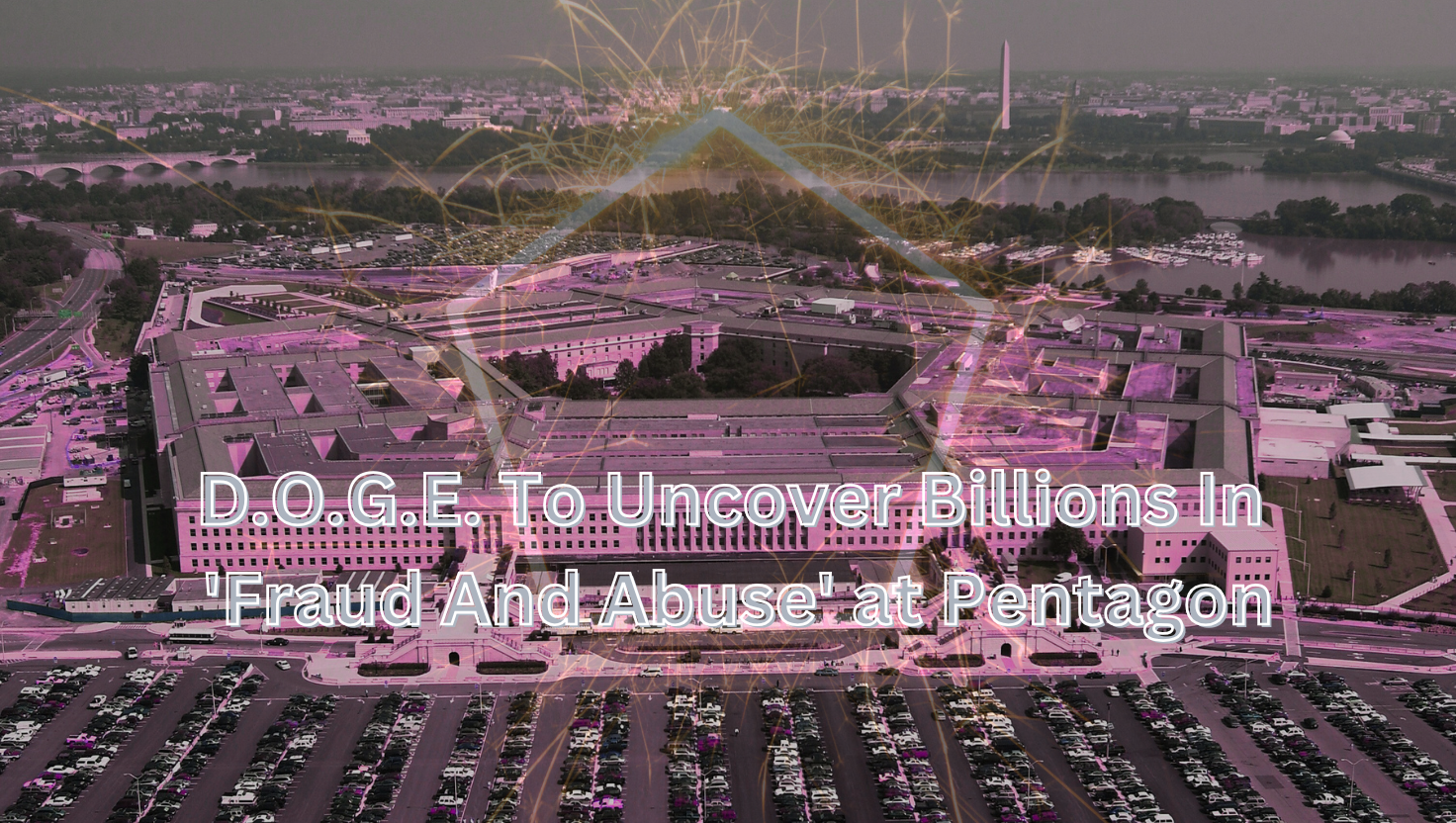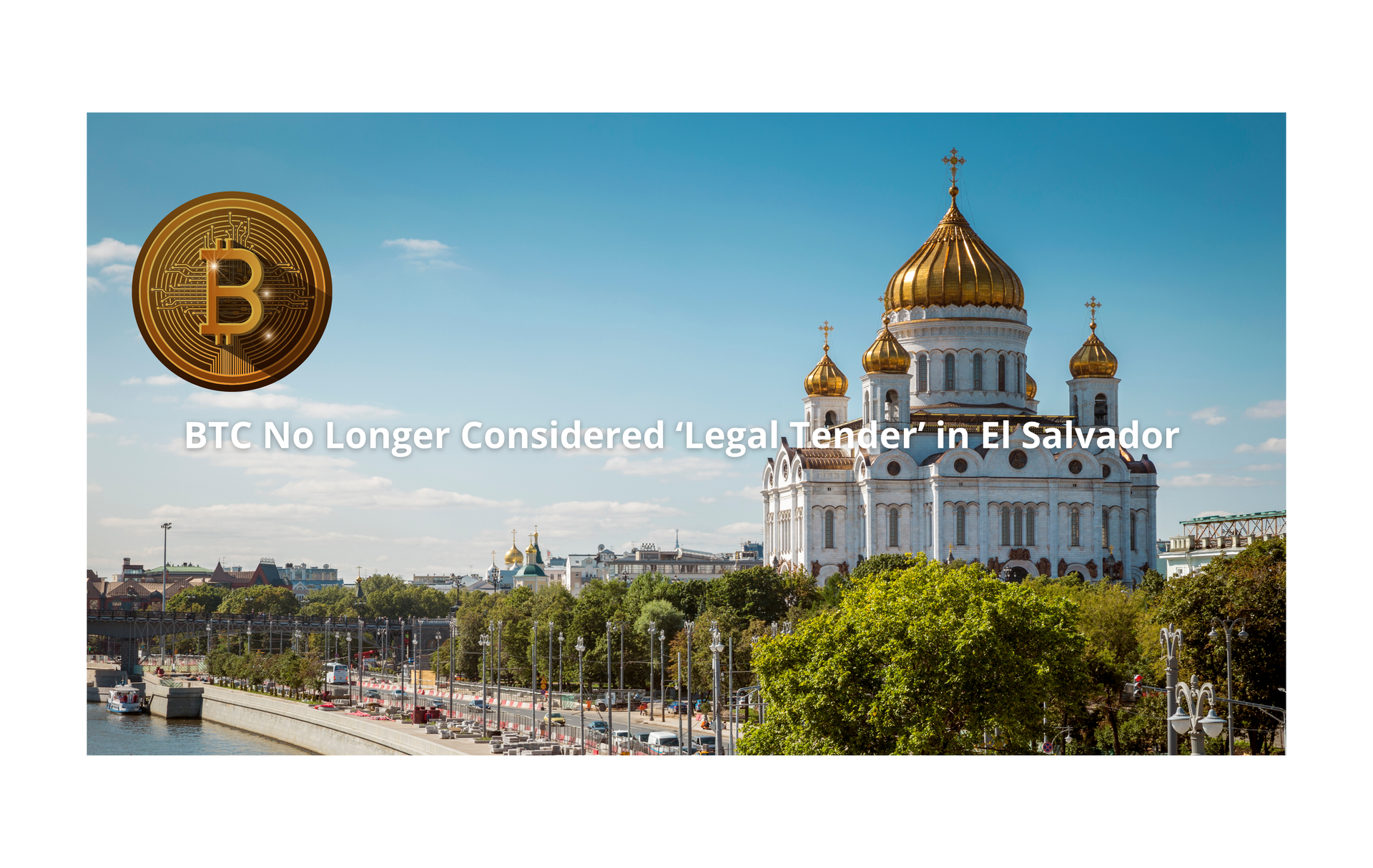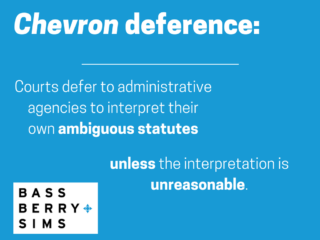Contact Us
objective-wire.org
Chevron Deference Overturned
Chevron deference is a foundational principle in administrative law that emerged from the 1984 U.S. Supreme Court case, Chevron U.S.A., Inc. v. Natural Resources Defense Council, Inc. The doctrine centers on the relationship between federal courts and administrative agencies, particularly in interpreting ambiguous statutes that an agency administers.
According to Chevron deference, when a statute is unclear or silent on a specific issue, courts should defer to the agency's reasonable interpretation of that statute rather than imposing their own judgment. (Read more about what Chevron Deference)
What does it mean Chevron Deference is ?
This doctrine reflects an understanding that agencies possess specialized expertise and are better equipped than courts to address complex regulatory issues. This has now been dismissed by the courts.
Chevron deference has significantly influenced how laws are implemented across various sectors—from environmental regulations to telecommunications—by granting administrative agencies substantial interpretative authority.
Over time, however, it has also sparked considerable debate about the balance of power between branches of government and judiciary review as a whole.
The SCOTUS Decision to Overturn Chevron Deference
The movement to overturn Chevron deference has gained momentum over recent years, driven by concerns about the balance of power between administrative agencies and the judiciary. Chevron deference, established by the 1984 Supreme Court case *Chevron U.S.A., Inc. v. Natural Resources Defense Council, Inc.*, mandates that courts defer to a federal agency's interpretation of ambiguous statutes it administers unless that interpretation is unreasonable.
How this will Affect Climate and other Government Policy, Why is Chevron Deference being over turned?
Critics argue that this doctrine grants excessive power to unelected bureaucrats, undermining democratic accountability and eroding the judiciary's role in interpreting laws.
Conservative legal scholars and libertarian think tanks have been vocal in their opposition, advocating for a more stringent judicial review of agency decisions.
They assert that Chevron deference allows agencies to expand their regulatory reach beyond what Congress intended, leading to an unchecked administrative state.
This movement has also found traction within the judiciary itself.
Several Supreme Court justices have expressed skepticism about Chevron in recent opinions, signaling a potential shift in judicial philosophy. Furthermore, legislative efforts have been introduced in Congress aimed at curtailing or abolishing Chevron deference altogether.
Supreme Court's Ruling: Chevron Deference Overturned
The Supreme Court's ruling to overturn Chevron deference marks a significant shift in the landscape of administrative law and regulatory interpretation. Chevron U.S.A., Inc. v. Natural Resources Defense Council, Inc., a landmark 1984 decision, established that courts should defer to an agency's interpretation of ambiguous statutory language as long as it is reasonable.
This principle has guided judicial review of federal agencies' regulatory actions for nearly four decades.
In its recent decision, the Supreme Court effectively dismantled this doctrine, asserting that such deference improperly expands the power of administrative agencies at the expense of judicial authority and congressional intent.
Chevron DEFERENCE Immediate Implications For Climate Change, Women's Rights, and Government Oligarchy
First and foremost, courts will now play a more pronounced role in interpreting statutory ambiguities, diminishing the previously held autonomy of agencies. This change is likely to lead to increased judicial scrutiny of agency interpretations, compelling judges to engage more deeply with technical regulatory details that were previously deferred to specialized agency expertise.
Furthermore, regulated entities might experience greater uncertainty as legal interpretations could vary significantly with each judicial review, potentially leading to inconsistent applications across different jurisdictions.
Read more about how Chevron Deference is being overturned by a Fisherman
"Supreme Court Overturns Chevron Deference." nossaman.com, Unknown, https://www.nossaman.com/newsroom-insights-supreme-court-overturns-the-chevron-deference. Accessed 05. Jul 2024.
[1]
"FERC in Focus: How will 2 Supreme Court cases -- on Chevron deference and ALJs -- affect the commission? | Utility Dive." utilitydive.com, Unknown, https://www.utilitydive.com/news/ferc-supreme-court-chevron-jarkesy-alj/715818/. Accessed 05. Jul 2024.
[2]
"Supreme Court To Hear Case Endangering the Chevron Doctrine | The Regulatory Review." theregreview.org, Unknown, https://www.theregreview.org/2023/06/22/walsh-supreme-court-to-hear-case-endangering-the-chevron-doctrine/. Accessed 05. Jul 2024.
[3]
"How the Supreme Court created agency deference | Constitution Center." constitutioncenter.org, Unknown, https://constitutioncenter.org/blog/how-the-supreme-court-created-agency-deference. Accessed 05. Jul 2024.
[4]
"Supreme Court Overturns Chevron Deference, Potentially Limiting...." curtis.com, Unknown, https://www.curtis.com/our-firm/news/supreme-court-overturns-chevron-deference-potentially-limiting-deference-granted-to-ofac-in-sanctions-enforcement. Accessed 05. Jul 2024.




share this
STAY UP TO DATE
GET Objective LATEST
Receive Objective Media Updates, and get a heads up on the reality we love.
Contact Us



